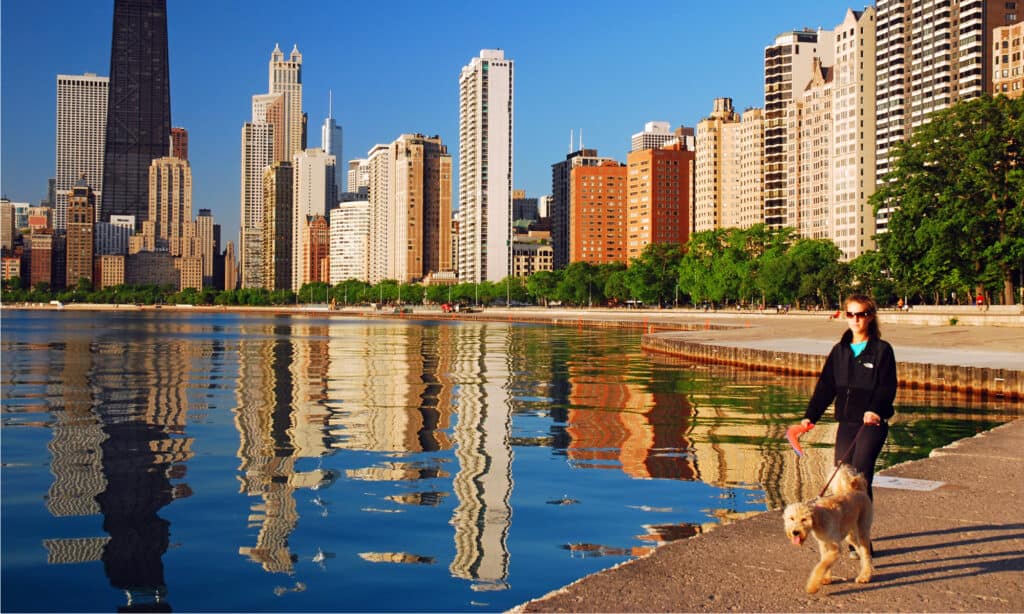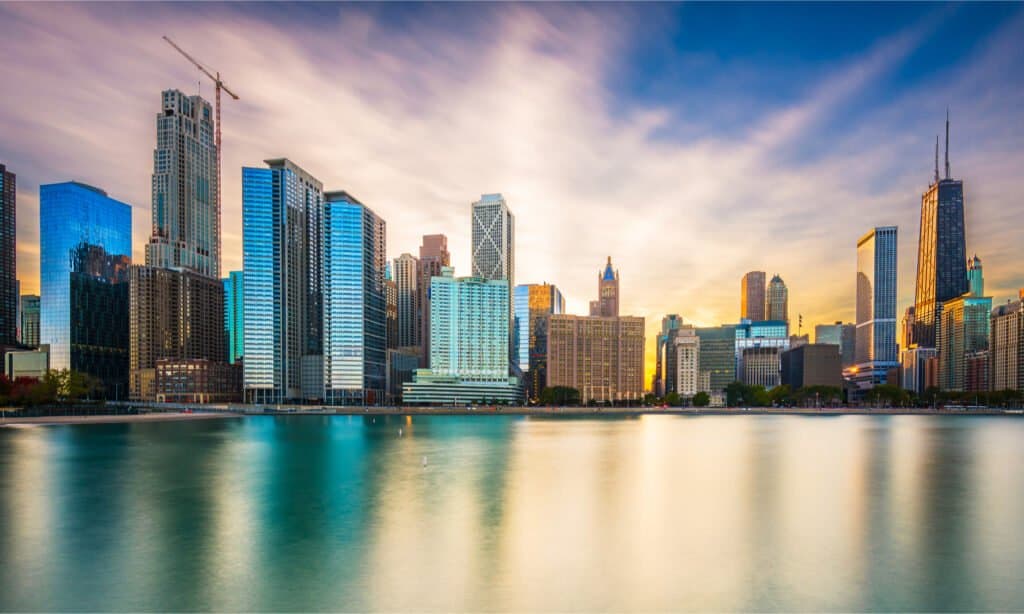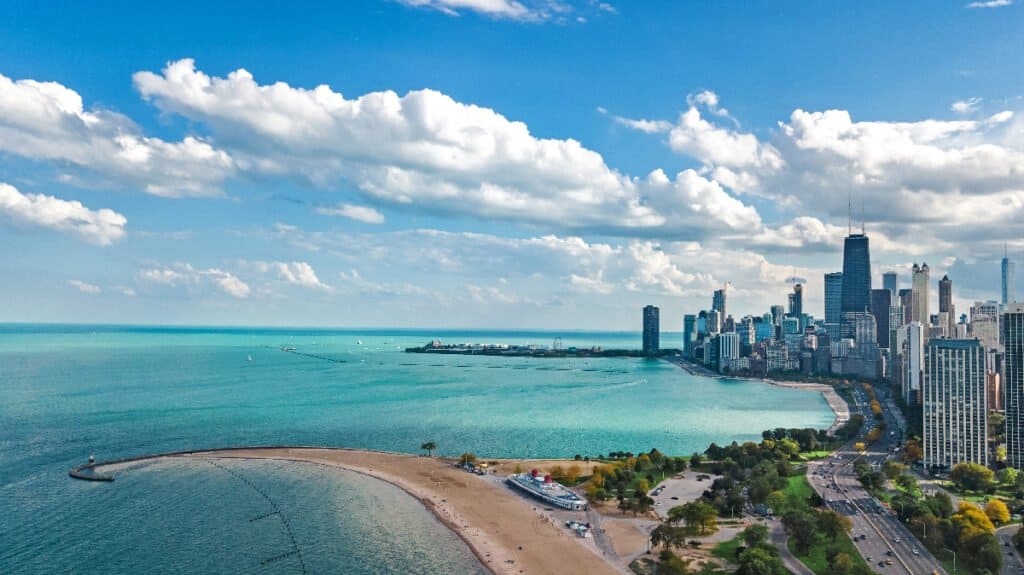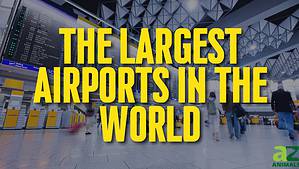Nicknames can emerge in the most unexpected ways. Every state in the United States has a handle that usually highlights one of its most notable characteristics. Because of its abundance of prairie grass, Illinois is nicknamed “The Prairie State.” But, why is Chicago called the “Windy City”? Is it true that Chicago is windy, or is it merely a metaphor? If you’ve ever walked around Lake Michigan, you’ve probably noticed a stronger breeze along the water, but that’s not why Chicago is known as the windy city. So, just why is Chicago called the Windy City? Where did the nickname “windy city” originate?
The origins of Chicago’s well-known moniker are unclear, and the most obvious explanation is that it is caused by the freezing gusts that wash through the city from Lake Michigan. Another famous story claims it was coined in response to Chicago’s ranting people and politicians, who were thought to be “full of hot air.” We looked a little deeper to discover the origins of this strange moniker, so keep reading to learn more about Chicago and why it’s known as the Windy City!
Who Called Chicago The Windy City and Why?

Long-winded politicians appear to be a reasonable source of Chicago’s nickname “Windy City.”
©James Kirkikis/Shutterstock.com
The term “Windy City” was initially used in 1856 to describe the city of Green Bay, Wisconsin.
One wild theory about who coined the double meaning of the term stems from Chicago’s long-running rivalry with Cincinnati, Ohio. Chicago and Cincinnati battled for supremacy in the meatpacking industry in the 1860s and 1870s. This business competition morphed into a baseball rivalry between the two cities. Chicago was dubbed the “Windy City” by Cincinnati newspapers, implying that its residents were boastful and full of “hot air.”
Another well-known version claims that the phrase was coined by a writer named Charles Dana in 1893 when Chicago and New York City were vying to host the World’s Columbian Exposition (commonly known as the World’s Fair). In an editorial, Charles Dana, the editor of the New York Sun, argued against the “nonsensical claims of that windy city” when contending that the fair should be held in New York rather than Chicago. He wasn’t referring to the chilly winds that blow off Lake Michigan but instead to state politicians who he claimed were full of hot air about what the city could handle. New Yorkers were said to be enraged that a “frontier town” might beat them, and Dana led the fight against Chicago.
Whatever the term’s origins, the city has embraced its seemingly disparaging moniker to heart.
Is Chicago the Windiest City in the United States?

Chicago is not the windiest city in the United States.
©Sean Pavone/Shutterstock.com
Despite its well-known nickname, Chicago is not the windiest city in the United States. Instead, average wind speeds show that other cities in the Midwest and along the coast are windier than the self-proclaimed Windy City. Boston, Massachusetts, takes the prize for having wind speeds up to two miles per hour faster than Chicago’s. In fact, most top ten lists for wind speeds in America do not include Chicago. While a “typical” wind speed is seven or eight miles per hour, many cities have winds of more than ten miles per hour for much of the year.
Dodge City in Kansas sits in the bowels of Tornado Alley. With an average wind speed of 15 mph, it is regarded as the windiest city in the United States.
Are There Other Chicago Nicknames?

Chicago is also known as “The City that Works.”
©JaySi/Shutterstock.com
While “Windy City” is arguably the most well-known nickname for Chicago, it is far from the only one. Lesser-known nicknames for the city that may have correctly defined it at one time in its history are “The City of Big Shoulders,” “The Second City,” and “The City that Works”.
City of Big Shoulders
Forbes Magazine dubbed the city the “Best Place to Raise Kids in Illinois” in 2012. Carl Sandburg, a New York journalist and poet invented this term to describe the city’s high-class universities and diverse economy.
Sandburg, born in Illinois, coined the phrase to promote Chicago as a city that works for its citizens and shares their burdens. As an adopted son, we can say that he proudly wears the city’s identity.
The Second City
There are two alternative interpretations for this one. The first relates to when Chicago was the United States’ second largest metropolitan city in the early twentieth century, and the second is when the town had to reconstruct itself for the second time following the Great Chicago Fire of 1871.
The City that Works
Former mayor Richard M. Daley, who served for more than 20 years, earned this moniker. The charming term was coined by Daley to promote his city’s hardworking character. After Daley’s two terms, the word didn’t catch on until Rahm Emanuel was elected.
What Else is Chicago Known For?
As evidenced by its previous nicknames, Chicago has been recognized for various things. For example, Chicago’s success in the meat industry earned it the title “Hog Butcher for the World.” The city is also famed for its famous skyscrapers and various metropolitan neighborhoods. The city also has many beaches along Lake Michigan’s shoreline and various unusual museums, including the International Museum of Surgical Science.
Chicago is also known for its delectable cuisine. The city prides itself on its diversity, with a wide range of eateries serving dishes from Morocco to Japan and practically everything in between.
At the end of the day, determining who coined the name may be impossible. Even though Charles Dana did not originate the term, many people credit him with popularizing it. While the nickname “Windy City” may have started as an accurate description of Chicago’s weather, it is evident that it has come to apply to hot-tempered politicians throughout time. Now, more than a century later, the Windy City nickname endures.
The photo featured at the top of this post is © Page Light Studios/Shutterstock.com
Thank you for reading! Have some feedback for us? Contact the AZ Animals editorial team.






